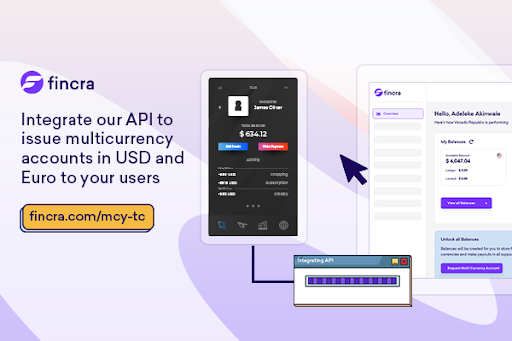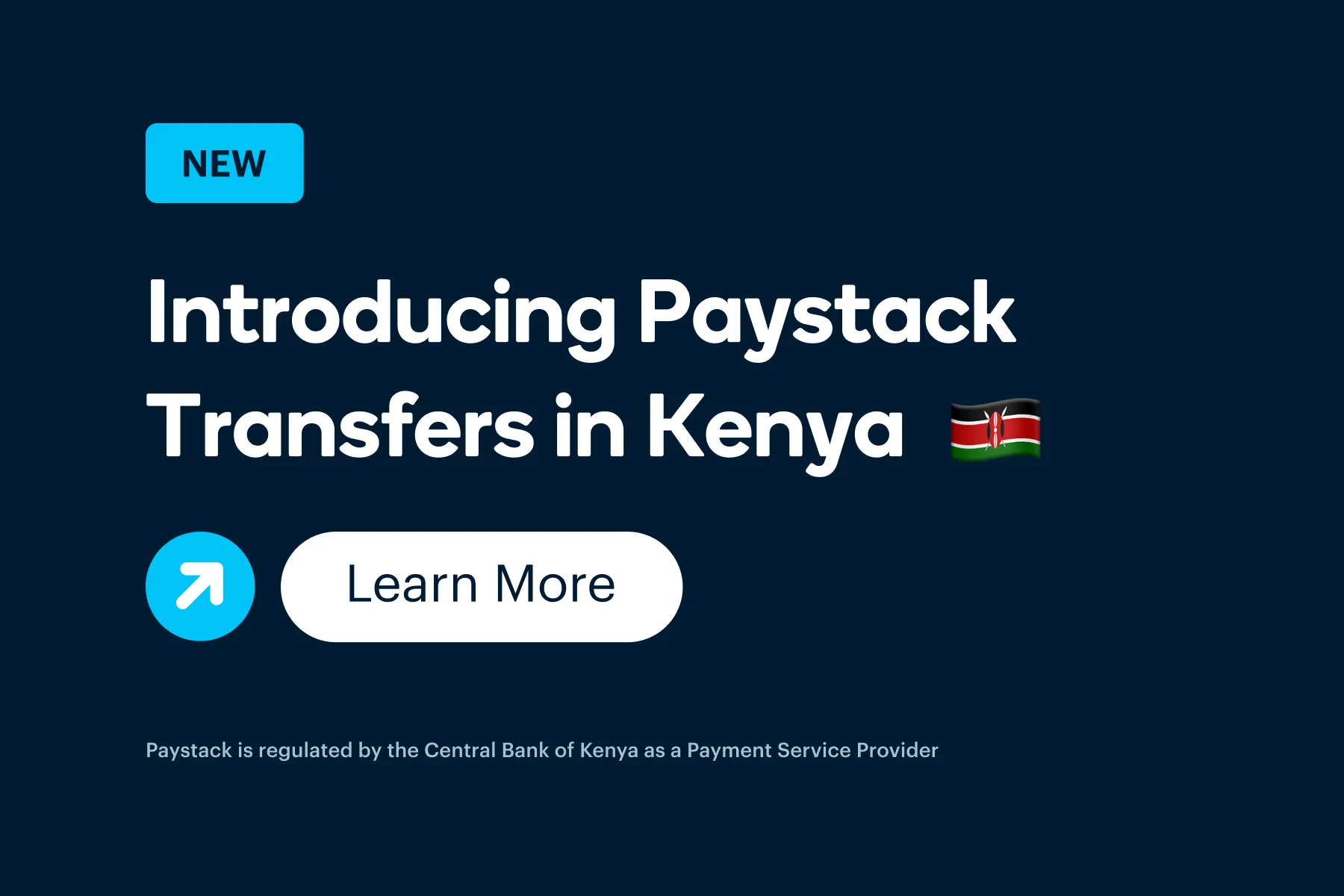

Good morning!
Across the world, newsrooms are grappling with the AI-driven misinformation wave. Media veteran Zain Verjee has a plan for empowering African newsrooms trying to strengthen digital trust: embrace AI, don’t abhor it.
Read about her blueprint in our latest feature.

Ride-hailing
Bolt will mull over CNG safety concerns when the time comes

In October, a CNG-powered vehicle exploded in Benin, Nigeria. The Presidential CNG Initiative, which has been sponsoring the conversion of petrol vehicles to compressed natural gas (CNG) vehicles, blamed the accident on illegal modifications.
Yet it may be insufficient to ease safety concerns around CNG vehicles which have become more popular as fuel prices crossed ₦1,000 ($0.59) per litre.
Concerns about the safety of vehicles with the big cylinders under their seats or in their trunks continue, even when reports show they are less likely to explode than petrol.
At a Friday event showcasing Bolt’s new safety features, a journalist asked the ride-hailing company—which partnered with the government to retrofit drivers’ cars with CNG kits—if they planned to indicate which cars were CNG-powered to drivers.
Lola Masha, Bolt’s Regional Manager of North and West Africa, said the feedback was valuable and would be shared with the company.
“It is a very fair point,” she said. “There are a lot of reservations about CNG so it is important that riders are fully aware and that we are transparent.”
However, CNG indicators may not be a high priority for Bolt. Masha noted that the company develops safety features based on global trends across its 14 markets, and not just local concerns in Nigeria.
In the other markets where Bolt operates, CNG adoption has been slow, with electric vehicles (EVs) stealing the spotlight on a few occassions. In Nigeria, CNG uptake is still low due to the high vehicle conversion costs and few fueling stations available.
Yet, Masha suggested the idea could be revisited as CNG use grows.
Read Moniepoint’s Case Study on Funding Women

After losing their mother, Azeezat and her siblings struggled to keep Olaiya Foods afloat. Now, with Moniepoint, they’re transforming Nigeria’s local buka scene. Click here for a deep dive into how Moniepoint is helping her and other women entrepreneurs overcome their funding challenges.
Cybersecurity
Payments scams cost consumers $1.03 trillion worldwide

As digital payments become more ubiquitous, they have come with a side serving of bad actors.
Bank fraud, investment scams, and shopping scams continue to surge, according to a new report from the Global Anti-Scam Alliance (GASA) and U.S.-based fraud detection firm Feedzai.
The report revealed that across the world, people lost $1.03 trillion to scams in 58,329 surveyed cases in 2023.
South Africa stands out among the countries with sharp increases in scam attempts with consumers losing 3.4% (about $12.9 billion) of its gross domestic product (GDP) to scams.
Kenya, where scammers capitalise on the popularity of mobile payments, lost 3.6% ($3.9 billion) of its GDP, with 2 in 5 people falling victim mostly to shopping scams.
In terms of payment methods, SMS and text message scams are rampant in Kenya, while in Nigeria, scammers commonly use wire transfers and e-wallet peer-to-peer (P2P) payments to carry out fraud.
The situation calls for enhanced due diligence among banks and fintechs, especially with large transactions, to detect suspicious activities early.
Consumer education is also important. With technological advancement fast reaching financial industries of most African countries, it’s a call for banks and financial players to continuously educate their customers on these new technologies and how to spot scam trends.
Issue USD and Euro accounts with Fincra

Whether you run an online marketplace, a remittance fintech, a payroll, a freelance platform or a cross-border payment app, Fincra’s multicurrency account API allows you to instantly create accounts in USD and EUR for customers without the stress of setting up a local account. Get started today.
Global News
Researchers launch the world’s first wooden satellite to space

Humans have long relied on wood for transportation, building boats, chariots, and even the first aeroplanes from it. However, since the 20th century, wood has been largely phased out due to its susceptibility to rot in varying temperatures and moisture.
But, last week, wood made a historic comeback as Kyoto University and Sumitomo Forestry researchers launched LignoSat, the world’s first wooden satellite.
The palm-sized satellite, built from timber, was transported aboard a SpaceX mission and will orbit Earth at 400 kilometres above ground from the International Space Station.
Beyond the impressive feat of engineering, LignoSat, named after the Latin word for “wood,” aims to demonstrate wood’s viability as a sustainable alternative to conventional metals in space structures—a move that could redefine future lunar and Mars missions.
Timber holds unique advantages in space, resisting rotting and inflammation due to the absence of water and oxygen. As Takao Doi, a Kyoto University astronaut, said, “With timber…we will be able to build houses, live, and work in space forever.” Imagine a future where wood might even be used to ship humans to Mars.
Not only does wood offer potential longevity, but it also lessens environmental impacts. Unlike traditional metal satellites that produce polluting aluminium oxide on re-entry, wooden satellites like LignoSat would simply burn up, leaving no harmful particles.
Could wooden satellites be the answer to sustainable, debris-free space exploration or will this just be a failed experiment?
Introducing Paystack transfers in Kenya 

Paystack merchants in Kenya can now send single and bulk transfers to any Kenyan bank or MPESA account (including customer wallets, Paybills, and Tills) Learn more →
CRYPTO TRACKER
The World Wide Web3
Source:

|
Coin Name |
Current Value |
Day |
Month |
|---|---|---|---|
| $81,202.73 |
+ 2.41% |
+ 29.68% |
|
| $3,157.07 |
– 1.33% |
+ 29.13% |
|
|
$3.20 |
+ 12.76% |
+ 58.63% |
|
| $206.36 |
– 0.62% |
+ 41.82% |
* Data as of 06:15 AM WAT, November 11, 2024.
Jobs
- Platos Health – Product Marketing Manager – Lagos, Nigeria
- Flutterwave – Backend Engineer, Frontend Engineer, Compliance Officer – Hybrid (Lagos, Nigeria)
- Jobberman Nigeria – Digital Marketer – Lagos, Nigeria
- KPMG Nigeria – Strategy Consultant – Abuja, Nigeria
- Renmoney – Growth Manager, Head of Legal & Compliance, Head of Contact Centre – Lagos, Nigeria
- Nosmas – Full stack Developer – Lagos, Nigeria
- Earnipay – Digital Marketing Specialist, Content Marketing Specialist – Hybrid (Lagos, Nigeria)
- Paystack – Finance and Strategy Specialist – Lagos, Nigeria
- Norebase – Finance Lead – Remote (Nigeria)
- Startbutton – Digital Marketing Associate – Hybrid (Lagos, Nigeria)
- Qore – Product Manager – Lagos, Nigeria
Get 60% off Google Workspace for a Year

Start on Google Workspace with a 60% discount on your monthly subscription and pay in Naira when you pay through Mercurie. Sign up to get started now.

Written by: Ngozi Chukwu, Emmanuel Nwosu, and Muktar Oladunmade
Edited by: Olumuyiwa Olowogboyega
Want more of TechCabal?
Sign up for our insightful newsletters on the business and economy of tech in Africa.
- The Next Wave: futuristic analysis of the business of tech in Africa.
- Entering Tech: tech career insights and opportunities in your inbox every Wednesday at 10 AM WAT.
- TC Scoops: breaking news from TechCabal
P:S If you’re often missing TC Daily in your inbox, check your Promotions folder and move any edition of TC Daily from “Promotions” to your “Main” or “Primary” folder and TC Daily will always come to you.

from TechCabal https://ift.tt/aC93twX
via IFTTT




Write your views on this post and share it. ConversionConversion EmoticonEmoticon